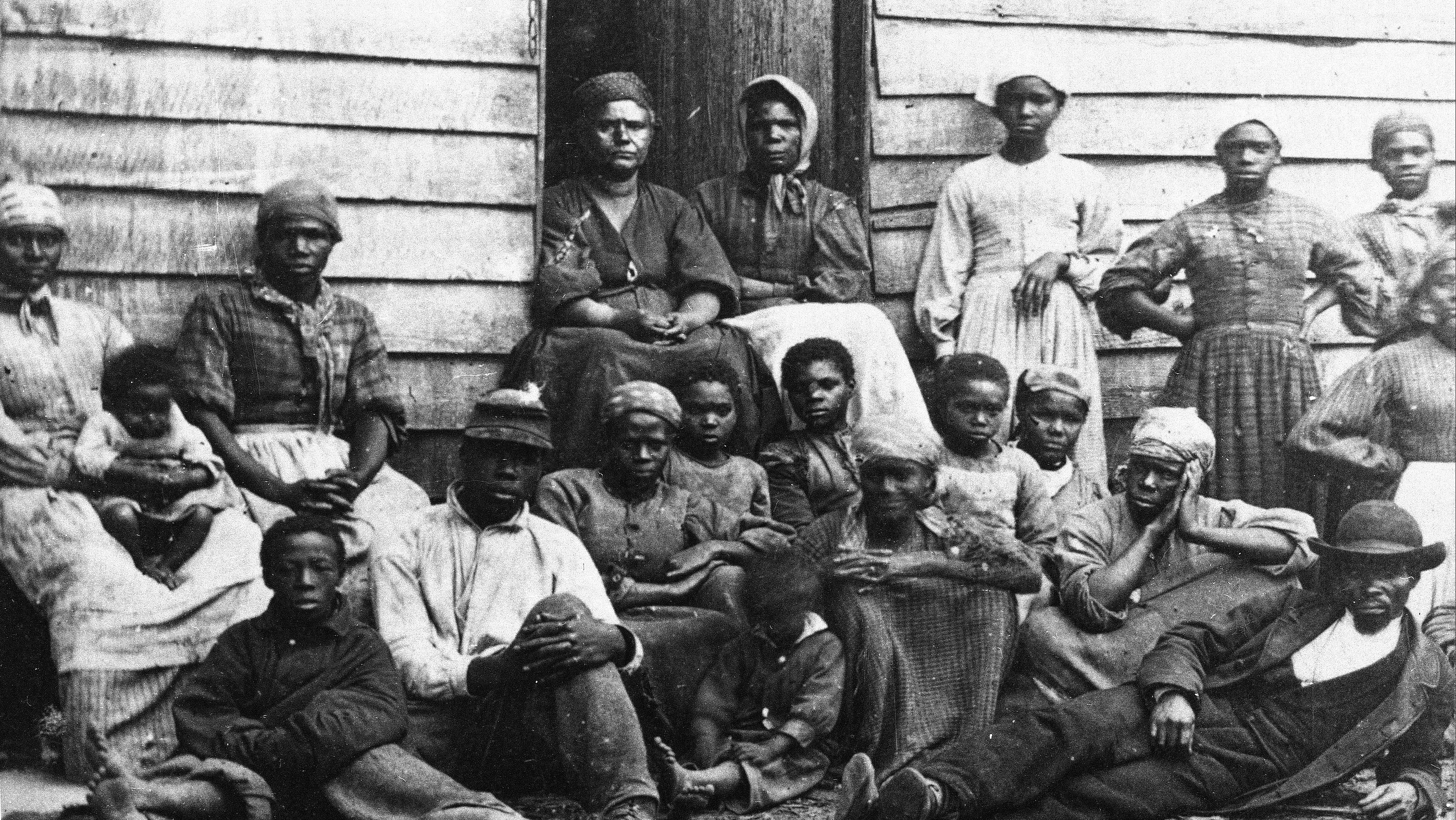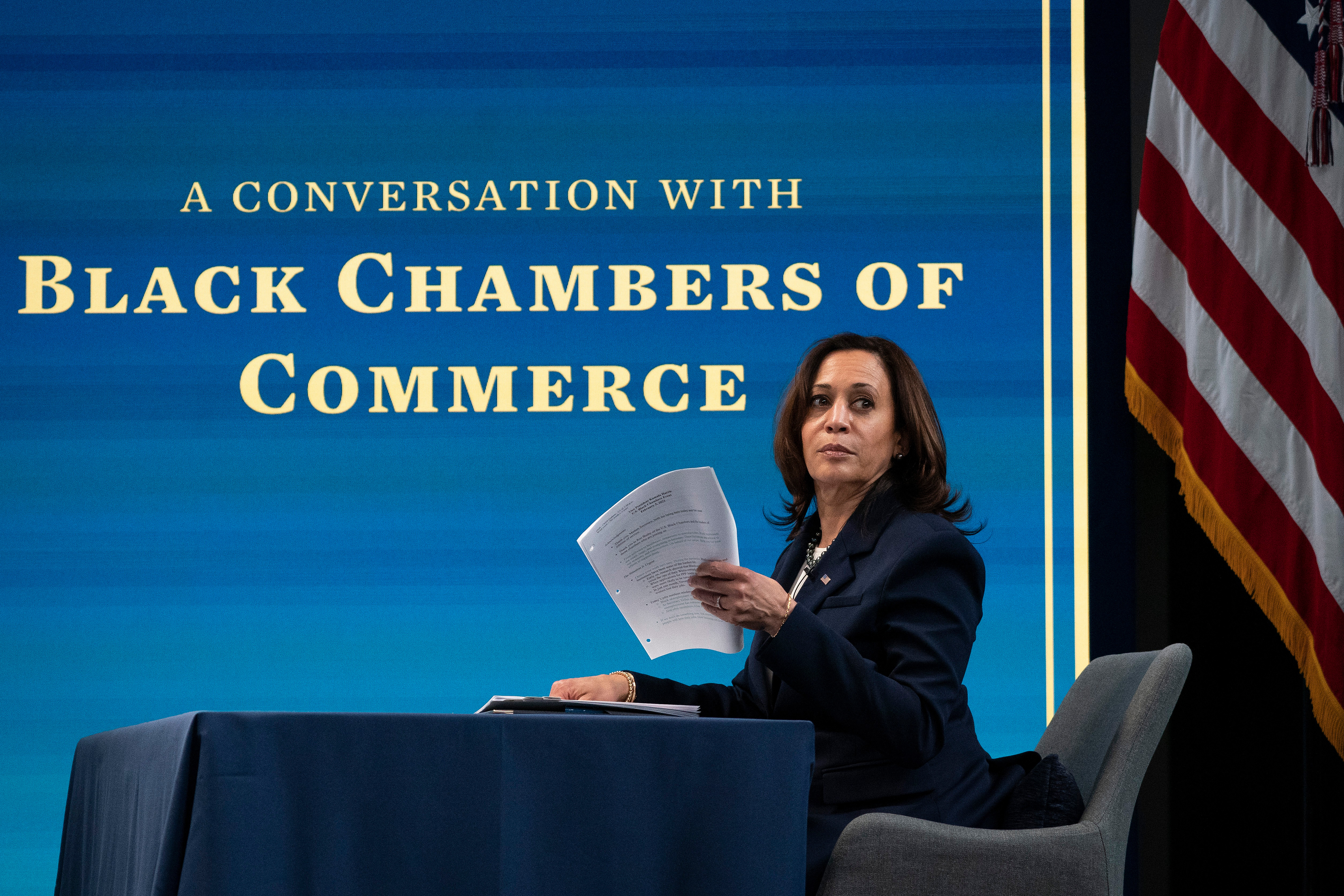In 1865, following the American Civil War and the abolishment of slavery, Congress enacted legislation that established a national savings bank for newly freed Black Americans.
Centuries of forced, unpaid labor by the enslaved made white America obscenely wealthy, but left newly freedmen without any land or money after their emancipation.
The goal of the Freedman’s Savings and Trust Company, known as the Freedman’s Bank, was to give the formerly enslaved — including Black veterans who fought in the Civil War for their freedom — access to banking and financial security as they earned wages for the first time in their lives.

At its height, the Freedman’s Bank expanded to 17 state branches with deposits totaling $57 million — the equivalent of $115 billion today.
However, due to fraud, mismanagement and poor oversight, the Freedman’s Bank failed and closed its doors in 1874, despite a last-ditch effort by famed abolitionist Frederick Douglass to save it.
“The Freedman’s Bank … failed slaves in many ways in the same way that Reconstruction failed recently freed African Americans,” Wally Adeyemo, deputy secretary of the U.S. Department of Treasury, told theGrio.
To commemorate the failed bank and its unfulfilled potential of building Black wealth, the Treasury Department recently held the Freedman’s Bank Forum, an annual conference where public and private sector leaders convene to discuss ways to close the historical and persistent racial wealth gap in America.
The forum was launched in 2015 by former Treasury Secretary Jack Lew during the Obama administration.
“It’s an opportunity to remind ourselves of the importance of trying to keep the unmet promises to not only freed slaves,” said Adeyemo, “but the people of color in this country in order to live up to … our highest ideals as a country [and] also to unlock the potential of the U.S. economy.”

Since coming into office in 2021, the Biden-Harris administration has invested billions of federal dollars toward stimulating the Black economy. To date, the White House has taken credit for historic lows in Black unemployment and a boost in the number of Black-owned businesses post-COVID-19 pandemic.
Through the Treasury Department, much of the administration’s investments have gone toward community lenders and banks with existing ties in Black and brown communities to expand access to loan capital and other resources for entrepreneurs.
This includes $12 billion invested in Community Development Financial Institutions (CDFIs) and Minority Depository Institutions (MDIs), which lend capital to Black and other minority entrepreneurs in order to sustain and scale their businesses.
In fiscal year 2022, the administration awarded a record $70 billion in federal contracts to small, disadvantaged businesses, doubling the loans to Black-owned businesses.
During the Freedman’s Bank Forum on Oct. 25, Treasury Secretary Janet Yellen highlighted other actions taken by the Biden-Harris administration to combat stubbornly persistent economic racial disparities, including providing housing assistance during the pandemic and implementing the Child Tax Credit.
Yellen said the Treasury Department estimates that the government’s investments in community lenders will result in $80 billion in increased lending to Black communities over the next decade.
At the Freedman’s Bank conference, the Treasury Department, along with Vice President Kamala Harris, also announced a new private sector commitment of $3 billion in corporate deposits to CDFIs and MDIs.
Additionally, Vice President Harris called for companies in various sectors of manufacturing to “diversify” domestic supply chains by committing at least 15% of their U.S.-based contract spending on outside goods and services from small and underserved businesses by 2025.

Adeyemo, the Treasury deputy secretary, told theGrio that these intentional investments and call-to-actions for Black communities are about learning from the history of the Freedman’s Bank. He acknowledged the role the government and financial institutions must play in righting past wrongs.
“The most important lesson that can be learned is about the importance of government and institutions keeping their promises to the American people,” said Adeyemo, the first Black person to serve as deputy secretary at Treasury.
“What Secretary Yellen has said is that we don’t only do this because it’s the right thing to do, we’re doing it because it economically makes sense for the United States.”
He added, “Investing in communities where potential exists, but opportunity hasn’t, is a way to grow the economy not only for people of color but for all Americans.”
Samantha Tweedy, CEO of the Black Economic Alliance, told theGrio she applauds the Biden-Harris administration’s investments in Black-owned businesses.
She said it will “serve as a pathway to wealth for Black families and a critical growth engine for the American economy.”
“This funding demonstrates a serious level of commitment from the White House,” said Tweedy, whose organization has consulted the administration on how it can “reshape federal programs and investments to drive economic mobility in the Black community.”

The Black Economic Alliance also urged the administration to appoint Black officials to key economic policy roles.
“BEA will continue to work with the Administration to create sustainable growth opportunities for Black-owned businesses,” Tweedy said.
As corporate America makes major commitments to Black and brown communities, Deputy Secretary Adeyemo vowed that the Biden-Harris administration would hold them accountable for staying true to their word.
“I feel confident that they will … because those same companies last year made a commitment to raise $1 billion, and they . ..met that commitment by June,” he told theGrio.
“The reason they did it is not only because it’s the right thing to do, but it’s good for their business,” Adeyemo said. “Ultimately, those small businesses in Black and brown communities that they invest in are their customers.”
He added, “That’s why we’re working together to try and advance building the kind of economy that works for everybody.”

Gerren Keith Gaynor is a White House Correspondent and the Managing Editor of Politics at theGrio. He is based in Washington, D.C.
TheGrio is FREE on your TV via Apple TV, Amazon Fire, Roku, and Android TV. Please download theGrio mobile apps today!

